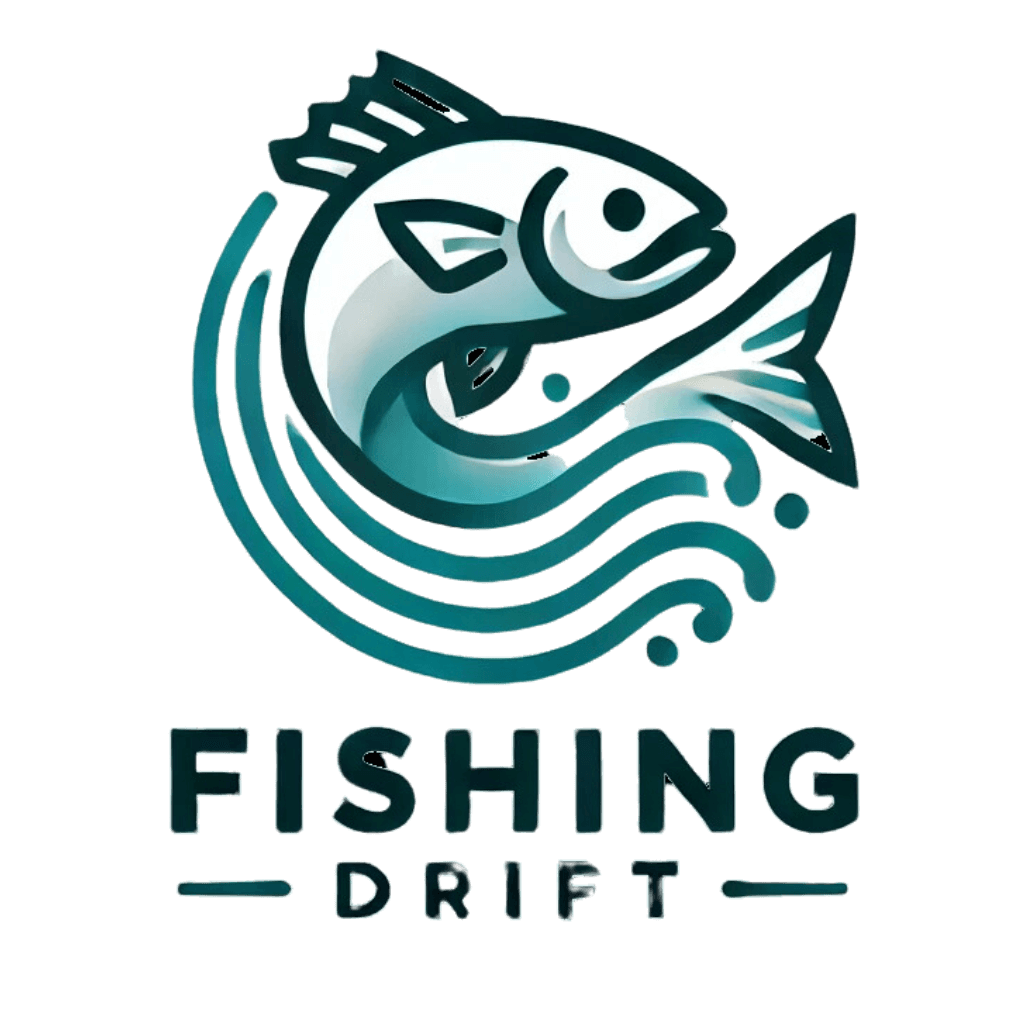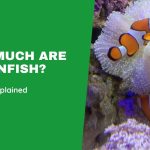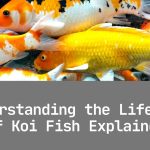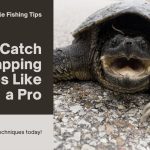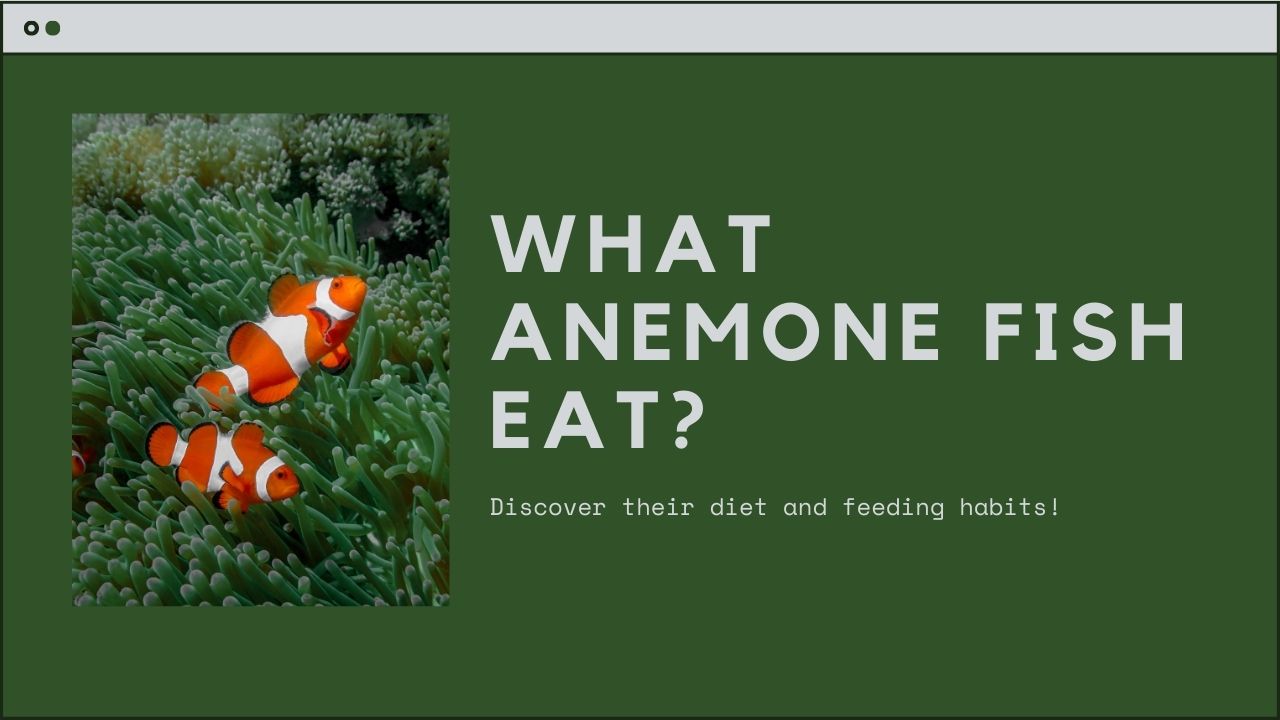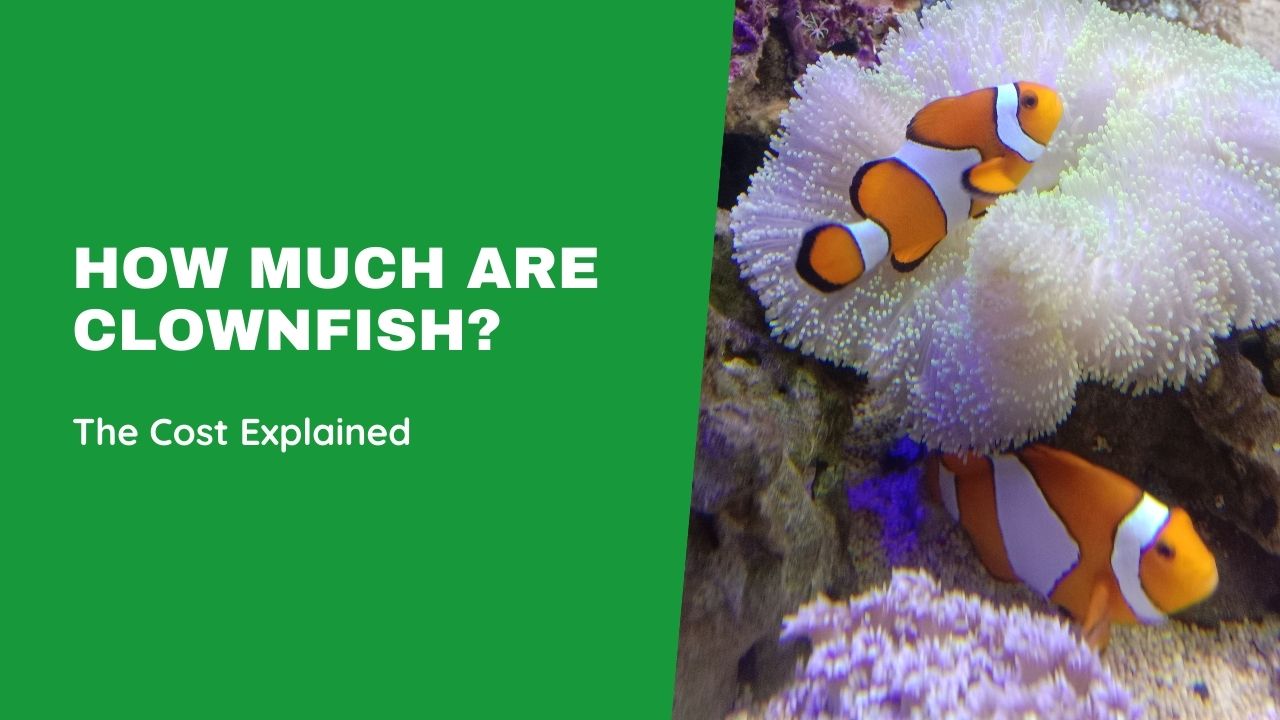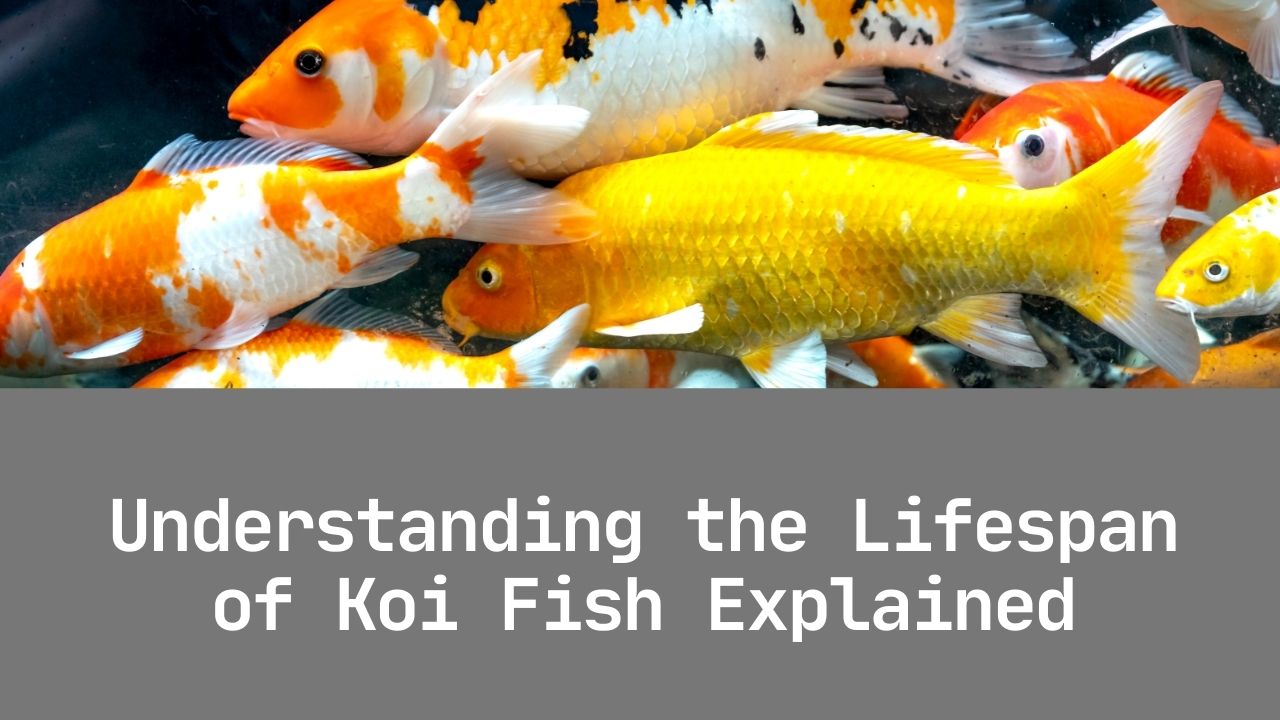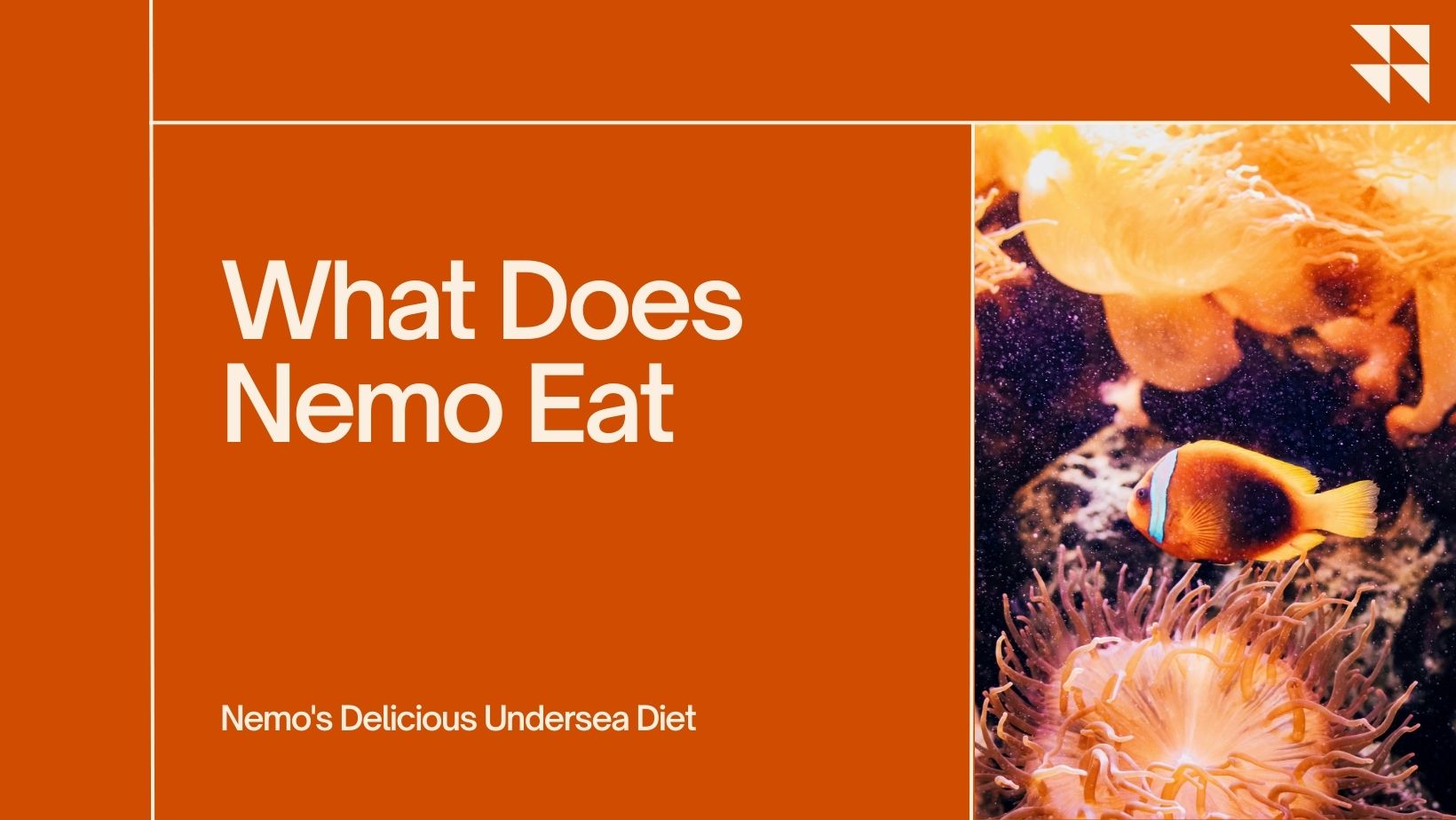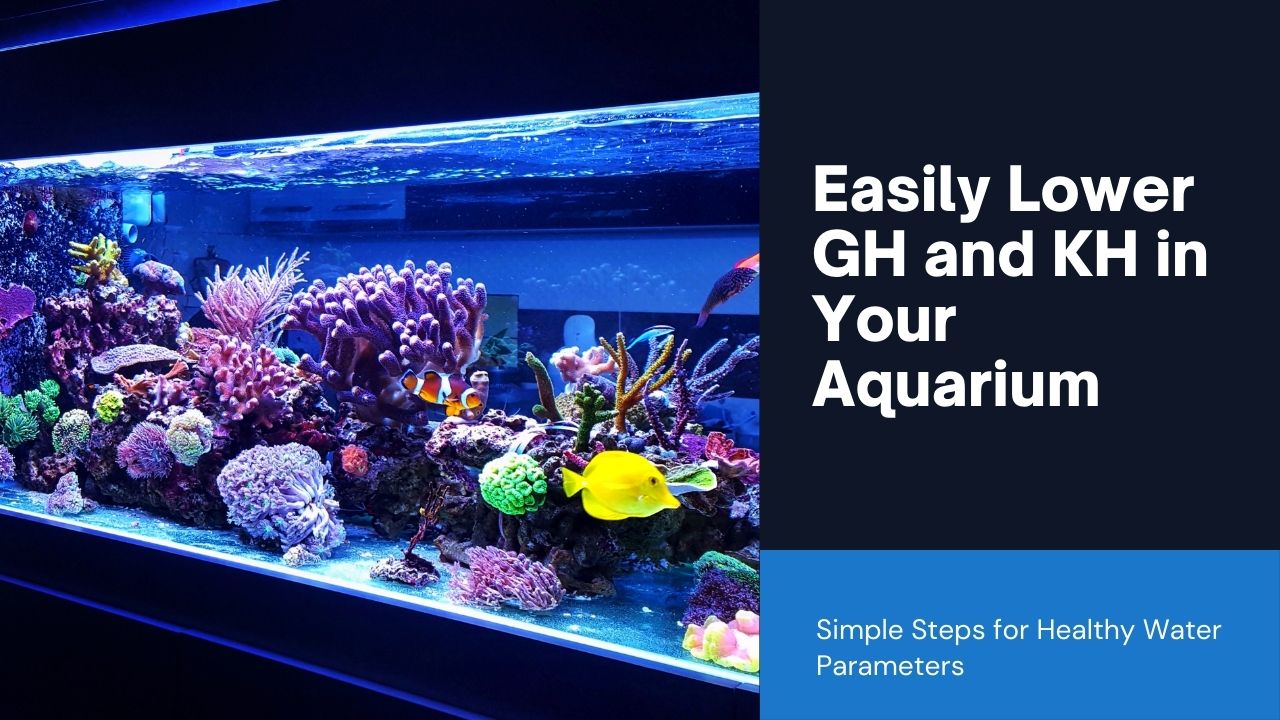Anemone fish, commonly known as clownfish, are among the most fascinating marine creatures, thanks to their vibrant colors and unique symbiotic relationships with sea anemones. But what do these colorful fish eat to thrive in their natural habitats and aquariums? In this comprehensive guide, we’ll explore the diet of anemone fish, their feeding habits, and tips for ensuring their health and vitality.
The Natural Diet of Anemone Fish
Anemone fish are omnivores, meaning they consume both plant and animal matter. In the wild, their diet is diverse and includes the following key components:
1. Zooplankton
Zooplankton are tiny organisms that drift in the water column and serve as a primary food source for anemone fish. These nutrient-rich organisms provide essential proteins and fats, which are crucial for the fish’s growth, vibrant colors, and overall health.
2. Algae
Algae are another vital part of the anemone fish’s diet. These marine plants offer essential vitamins, minerals, and fiber, supporting the fish’s immune system and aiding digestion.
3. Small Invertebrates
Anemone fish also feed on small invertebrates like crustaceans and worms. These prey items are rich in proteins and fats, contributing to the fish’s growth and development.
Captive Diet of Anemone Fish
When kept in aquariums, anemone fish require a balanced diet to mimic their natural feeding habits. Here are the most common food options for captive anemone fish:
1. Commercial Fish Food
High-quality commercial fish food, such as pellets or flakes, is a convenient option for feeding anemone fish. Look for products specifically designed for marine fish to ensure they receive the necessary nutrients.
2. Frozen Foods
Frozen foods like brine shrimp, mysis shrimp, and bloodworms are excellent additions to their diet. These options are rich in proteins and essential fatty acids, closely resembling their natural prey.
3. Live Foods
Live foods, such as copepods and amphipods, provide enrichment and stimulate the fish’s natural hunting behavior. However, live foods should be introduced in moderation to prevent dependency.
Feeding Frequency and Tips
Daily Feeding
Feeding anemone fish daily is recommended to maintain their energy levels and overall health. A varied diet of commercial food, frozen foods, and occasional live foods ensures they receive all essential nutrients.
Every Other Day Feeding
For some owners, feeding every other day may be suitable to prevent overfeeding. Adjust portion sizes accordingly to ensure the fish receive adequate nutrition.
Supplemental Feeding
Incorporating vitamin-enriched foods and probiotics can enhance the fish’s immune system and digestive health. Examples include Omega One Marine Pellets and Seachem GarlicGuard.
Symbiotic Relationships and Feeding
Anemone fish share a unique symbiotic relationship with sea anemones. The fish gain protection from predators by living among the anemone’s stinging tentacles, while the anemone benefits from the fish’s waste, which provides nutrients. Additionally, anemone fish may bring food to their host anemone, further strengthening this mutualistic bond.
The Role of Anemone Fish in the Ecosystem
Anemone fish play a crucial role in marine ecosystems. As omnivores, they help regulate populations of zooplankton and small invertebrates, maintaining a balanced food web. Their symbiotic relationships with anemones also contribute to the health of coral reefs.
Conclusion
Understanding what anemone fish eat is essential for their care, whether in the wild or in captivity. By providing a balanced diet that includes zooplankton, algae, small invertebrates, and high-quality commercial foods, you can ensure their health and longevity. Their fascinating feeding habits and symbiotic relationships make them a captivating subject for marine enthusiasts.
